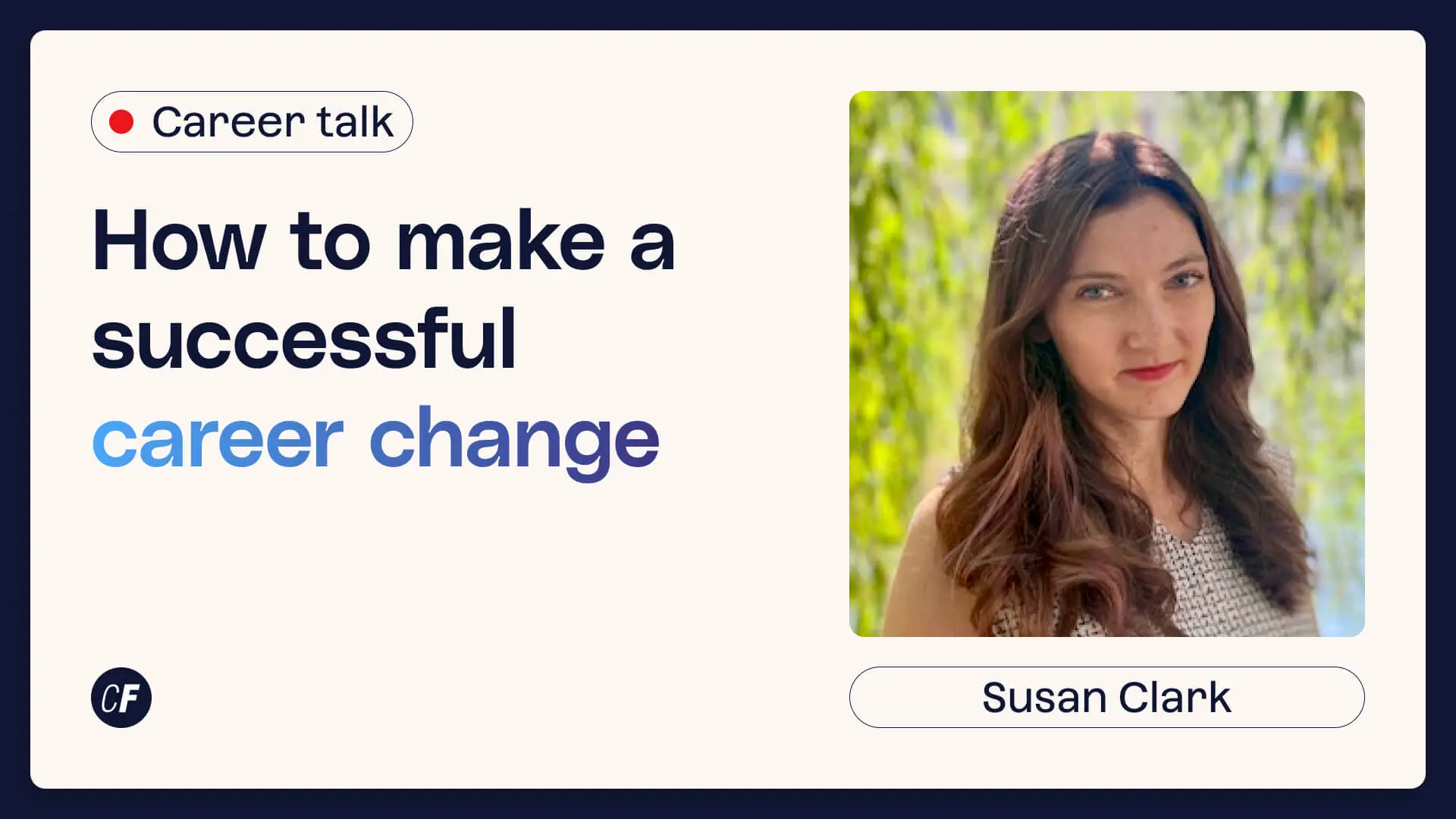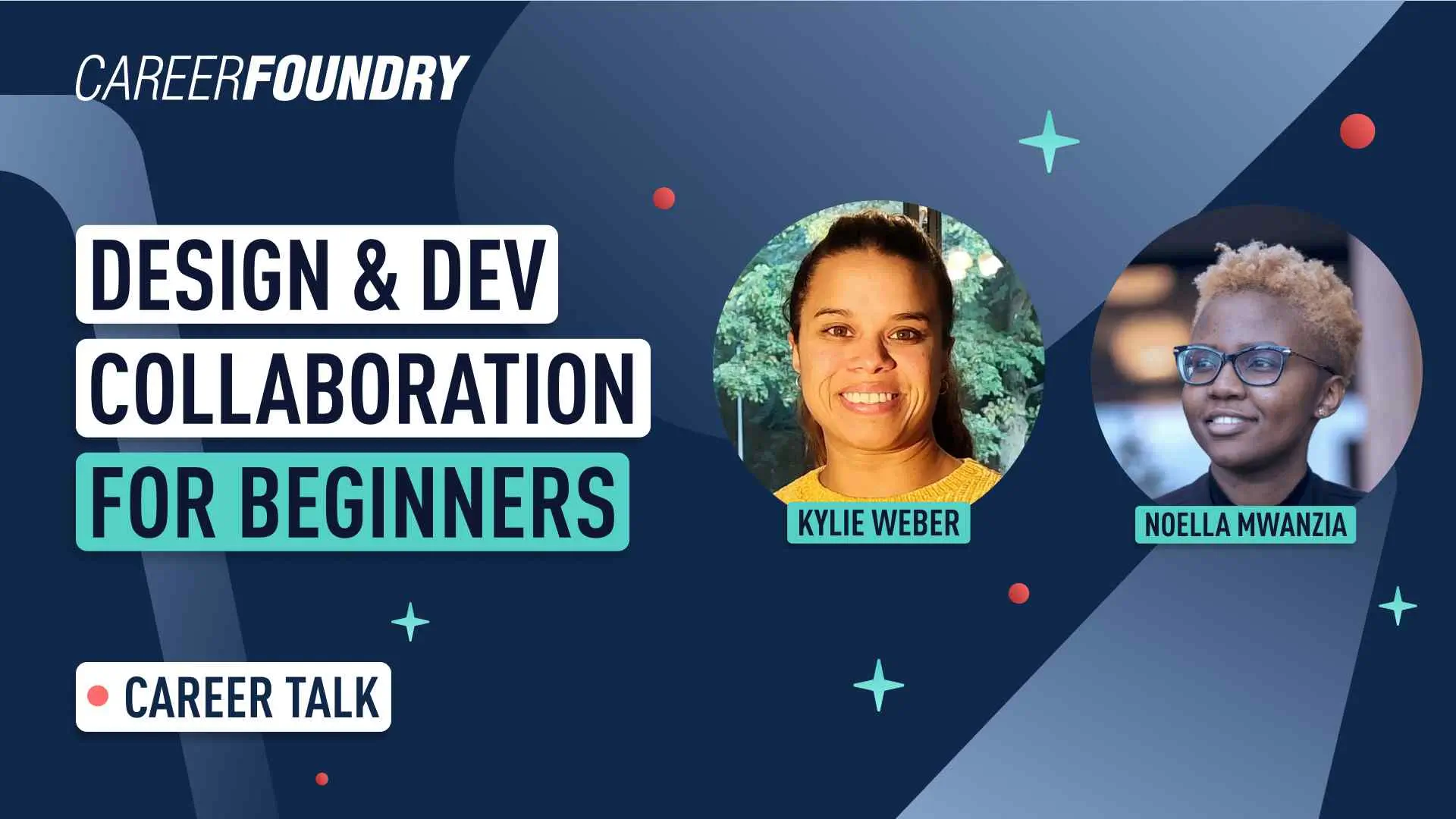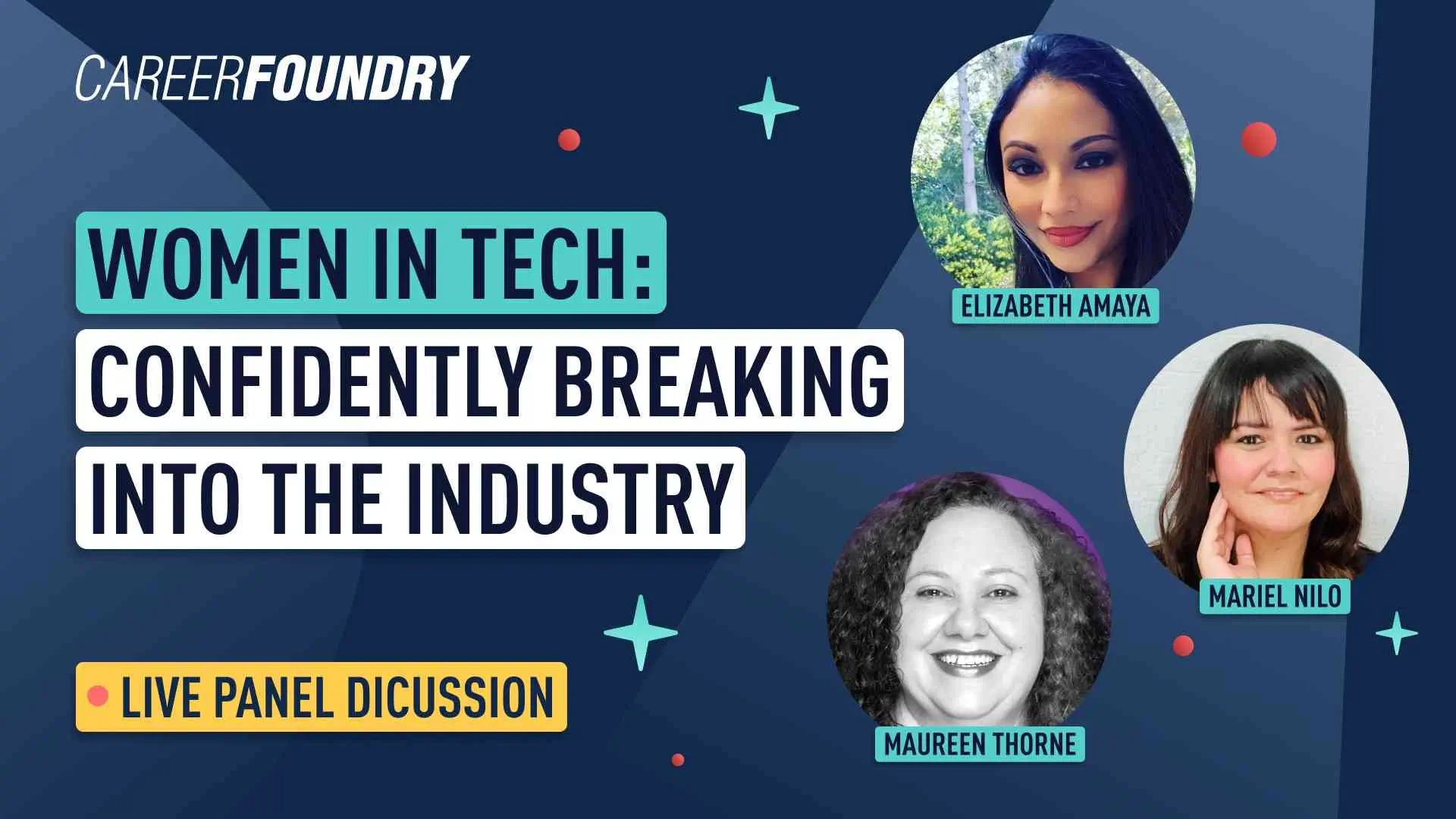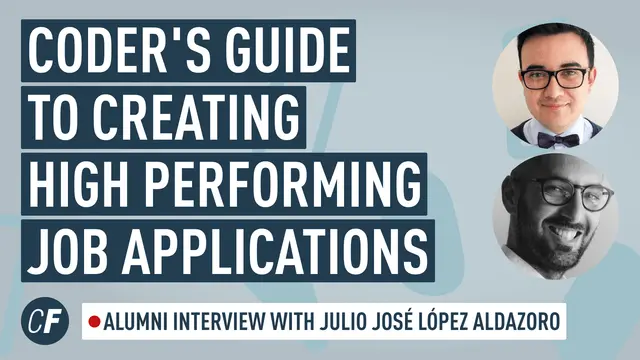A Coder's Guide to Technical Interviews
You’ve managed to catch the eye of a company looking for your developer skills. Now you’re approaching the make-or-break part of the hiring process—the technical interview.
A daunting task, right? But it doesn’t need to be like that.
In this webinar hosted by seasoned developer Sebastin Kolman, he’ll walk us through the interview process, de-clawing it along the way. In the talk, he’ll cover:
- How to prepare for calls with recruiters
- Negotiating timed exercises
- Live whiteboard coding
- Technical developer interview questions
By the time it’s over, you should have your queries about technical interviews answered, as well as how to go about preparing for them.
How to Prepare for Technical Interviews
Everyone worries about interviews. Well, almost everyone. For web developers, although you’ll have other elements of the job application process, the technical interview really stands out. For those who have only recently switched into a career as a programmer, it can appear quite daunting.
However, knowing what to expect and practicing beforehand can completely turn this around. Before long, you’ll be looking forward to showing off both your technical knowledge and understanding of how development works.
To help achieve that, let’s go through some of the various elements that lead you to the technical interview, as well as some tactics for getting through them.
Getting to the interview stage
As mentioned earlier, the most important thing to remember if you’re getting nervous about a web developer interview is that you have other factors in play, namely your web development portfolio website. Done well, this element rolls out the red carpet for you before the interview even starts, allowing the recruiter or potential employer to get a sense of what you’re about and what you can do.
It almost goes without saying, then, that you’ll need to make sure that your portfolio is as optimized as possible. The better it is, the better it will be at convincing employers of your coding skills, and the more often you can refer to different projects you’ve worked on in the past.
All in all, just knowing that you have an impressively laid-out portfolio website and resume should give you a lot of confidence heading into web developer interviews. First up is getting past the recruiter scheme.
Negotiating the recruiter screen
Typically the first part of the hiring process is getting through a phone- or video-call with a tech recruiter. Normally either they will contact you, or the other way around. If and when they do, talk to them! Recruiters can be a crucial link between tech companies looking for new talent, and the talent itself.
Instead of simply being a guardian to companies themselves, if you impress a recruiter and show them how much of a professional you are, the better your introduction will be into the company itself. Take notes of the conversation and be sure to provide them with all of your details, including your portfolio website and GitHub profile. Soon you’ll be well on your way to an interview!
If you’re looking to learn even more tactics, check out our in-depth guide to the recruiter screen.
Web developer interview questions
The best way to prepare for a developer interview is by doing research, applying it to your own application, and then practicing. Practice by yourself, and then find a patient friend, family member, or beloved pet to practice with.
Questions can be typically divided into three loose groupings—introductory, behavioral, and technical. The first is typically to break the ice and get a sense of who you are as a person, the second who you are as an employee and as a team member, and finally who you are as a coder.
How to approach the technical interview
For the technical interview, our first advice is to find some common questions and answers that can often pop up. These can easily be found online, and there are plenty of web developer interview question guides to give you a good sense of what to say.
Next, look at the particular position, company, and tech stack that you have applied to. Research your interviewer’s history (via their GitHub or LinkedIn profiles) if possible to see which technologies they have and currently work with. Through this you should see which potential questions they will ask, to make sure that you know your stuff.
Next, analyze your own experience, the languages, tools, frameworks, and libraries which you stated that you are proficient in. Ensure that, if asked, you can explain how you carried out certain projects in the past, as well as how you would approach theoretical projects in the future.
What to do now
By this point, you should know what to do to prepare for web developer interviews. As the saying goes, forewarned is forearmed, and that’s definitely the case here—the more research and prep work you do, the more ready you’ll be for whatever comes up in the interview.
For those looking to switch careers into coding, choosing a path that not just educates and trains you, but also supports and prepares you for the job market is crucial. This is why CareerFoundry’s full-stack web development program comes with a full Job Prep course as well as a dedicated Career Specialist to equip and empower you for what comes next.
Want to learn more about starting a career as a web developer? Check out these guides:
Featured presenters

Sebastin Kolman
Software Engineer
Sebastin Kolman is a software engineer with over 10 years of experience working in the Silicon Valley and the East Coast. He has a Ph.D in Computer Science from University of Massachusetts. He started his career developing web applications for IBM and then worked on an open-source web-based visualization software during the doctorate program. On graduating, he moved to the Bay Area and continued working on web development for 3 years before switching to a data science role at Credit Karma. Over the years, he has gained experience leading software development teams and hiring and mentoring developers.








